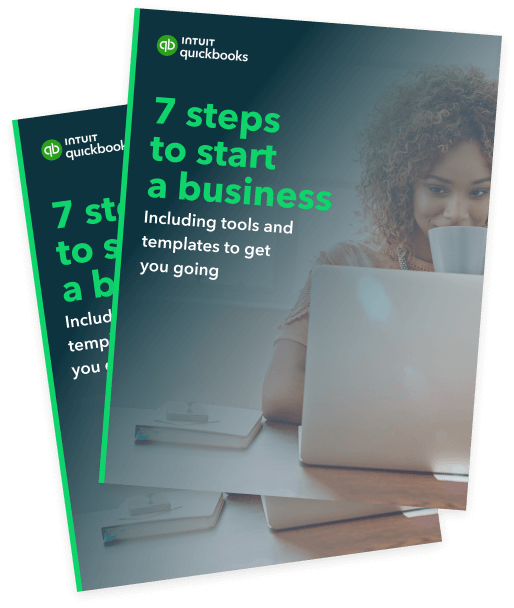What records do small businesses need to keep?
By law, your records need to explain all transactions your business undertakes. Here are some records that you should consider keeping.
Employee & contractor records
If you employ workers or contractors, you will need to keep records like contracts. Contracts outline the obligations of your business and the worker. In case anyone breaks a contract, you need to maintain these files until they expire, and then for a few years afterwards. They might come in handy at other times, such as in the case of a difficult employee, client, or lawsuit.
You will also need to have a record of your employee's tax file number (TFN) declaration, taxes withheld, superannuation contribution, fringe benefits, salary/wage paid, allowances and other payments made.
Expense records
You need to record everything your company spends money on. Receipts are the easiest way to record expenses, so make sure you have a record of all your receipts for the last five years. It can also include tax invoices and diaries to record small cash expenses.
Keeping receipts is not only helpful for tax purposes but also serves as proof of purchase to avail product warranties, which can be useful in the event of a product breaking.
If some purchases are used for both business and private purposes, it is important to keep a record that shows the proportion you used privately.
Year-end records
You must record expenses relating to buying, maintaining or repairing business assets. You will also be required to have a worksheet that shows how you calculate depreciation for your assets.
Other records you may also need to keep include a list of people who owe you money and people you owe money to. You may also need to have a record of capital gains tax and a stocktake sheet.
Income records
You will need to keep a record of transactions that lead to income for your business. This can include a tax invoice issued to clients, a receipt book, cash register tapes and records of sales.
Bank records
If your business is a partnership, company or trust you are required to have a separate business bank account. Sole traders do not need a separate business account but it may make record-keeping easier.
You may need to maintain banking records which can include bank statements, credit card statements, deposit slips, loan agreements, etc.
Depending on your business structure and the taxes you are required (like a goods and services tax) to pay the record-keeping rules may vary so it is important to check with the ATO or a tax professional on what records your business needs to keep.




















